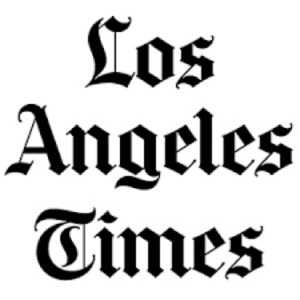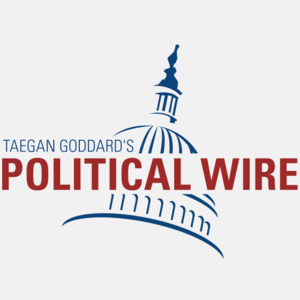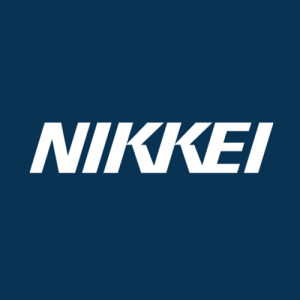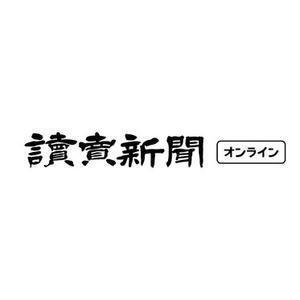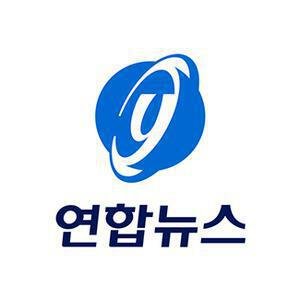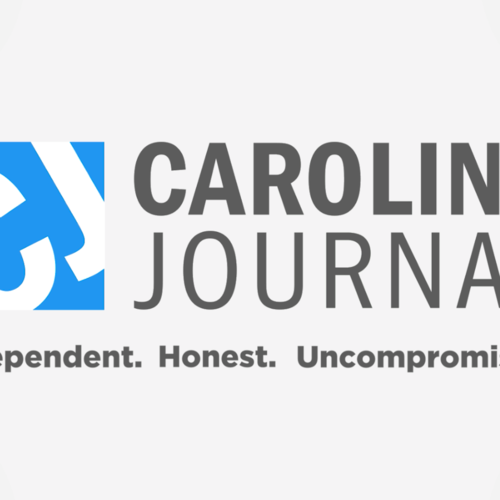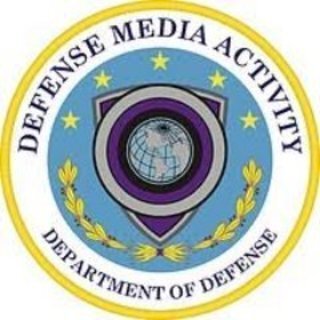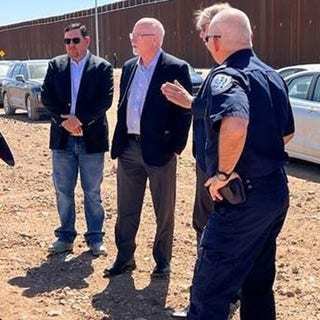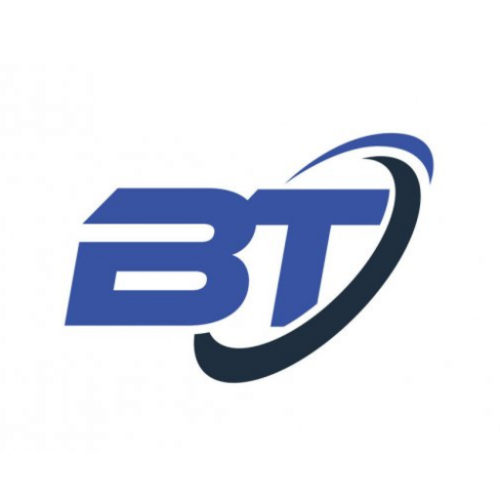Vice President Kamala Harris declared her position on the $15 billion deal between Japan’s Nippon Steel and U.S. Steel. She told a crowd of people in Pittsburgh on Monday, Sept. 2, that she is against selling U.S. Steel to a foreign company.
“U.S. Steel is a historic American company, and it is vital for our nation to maintain strong American steel companies,” Harris said. “And I couldn’t agree more with President Biden, U.S. steel should remain American-owned and American-operated.”
Her position is in line with President Joe Biden’s and former President Donald Trump’s. Trump has said multiple times this year on the campaign trail he’d block the sale if elected.
“I will stop Japan from buying United States Steel,” Trump said in August. “We have a foreign country that wants to purchase one of our greatest. They shouldn’t be allowed to buy it. We have to make it work. Have to make it work. You don’t want to sell U.S. Steel.”
U.S. Steel put itself up for sale in 2023 and Japan’s Nippon Steel came to the table with an offer of $14.9 billion, a 40% premium over the share price at the time. Both companies agreed to the sale in December and continue to hope it passes regulatory muster.
Nippon said it believes a fair and objective regulatory review process will support the sale. U.S. Steel said it remains committed to the deal despite disapproval from candidates. U.S. Steel officials said it is the best deal for the company, employees and the communities where they do business.
The United Steelworkers union, based in the battleground state of Pennsylvania, also opposes the deal, questioning Nippon’s commitments to U.S. employees and plants.
Presidents can block certain foreign acquisitions on national security grounds. The Committee on Foreign Investments in the United States is already analyzing the deal for national security implications, while Nippon has distanced itself from other projects to strengthen its case.
Presidents used this review to block eight foreign transactions in history. Seven of them stemmed from Chinese companies and one from a company in Singapore deemed to be too close to China and Huawei.
“If you go back 70 years… our greatest company by far was United States Steel Corporation,” Trump said. “That was the big deal. And now we have Japan buying it.”
As Trump pointed out, U.S. Steel is a historic U.S. company, but analysts note it has been a long time since U.S. Steel was on top.
“Although once a crown jewel of American industry, U.S. Steel in recent decades has shuttered factories, sold others, and exited segments of the industry,” research fellow Joel Griffith wrote in a commentary published by the conservative Heritage Foundation. “Detractors falsely claim the Nippon buyout threatens U.S. national security, manufacturing, and jobs. In reality, blocking the deal will harm American workers, shareholders, and other businesses.”
According to reporting by The New York Times, the real rift between the Nippon transaction and United Steelworkers is that Nippon did not consult union leaders during negotiations. Nippon reportedly believed doing so could risk its deal getting leaked to a competitor in the bidding process, Cleveland-Cliffs, which has close ties to the union.




